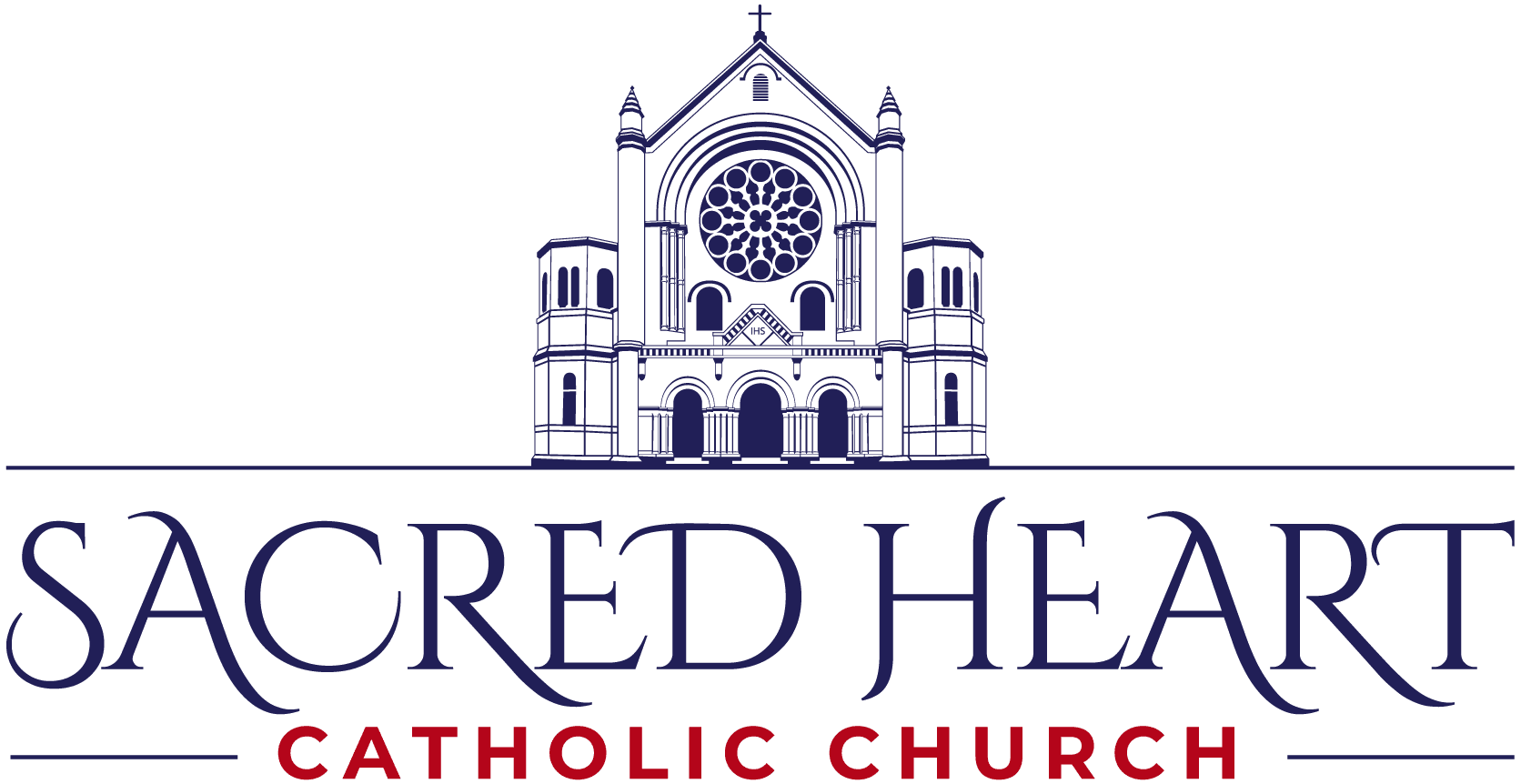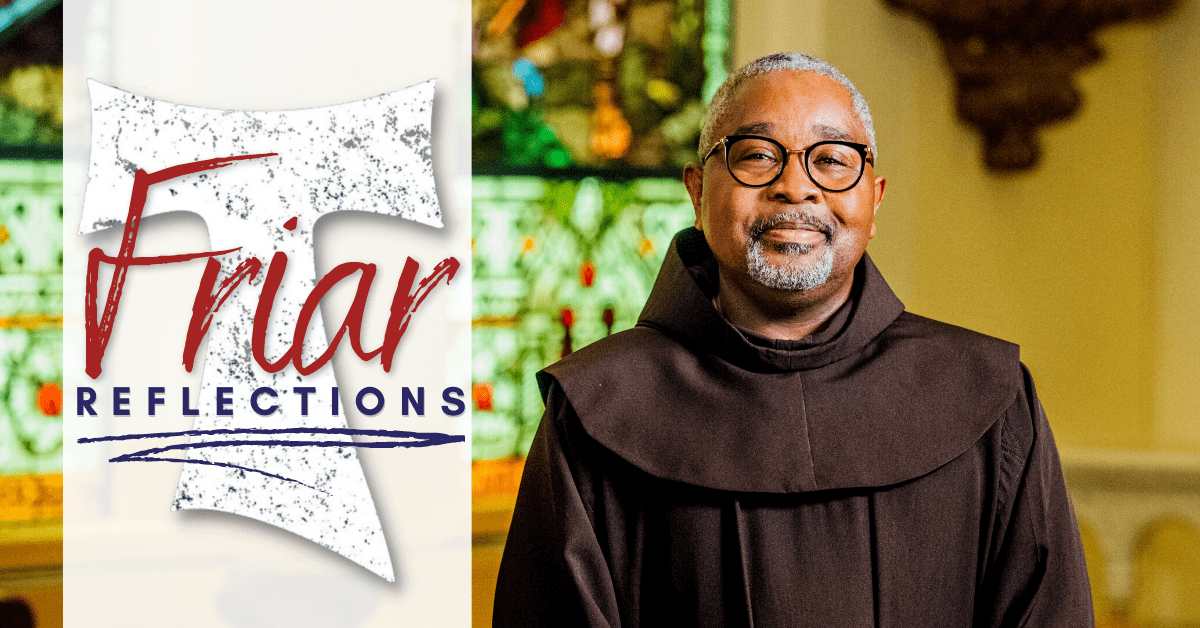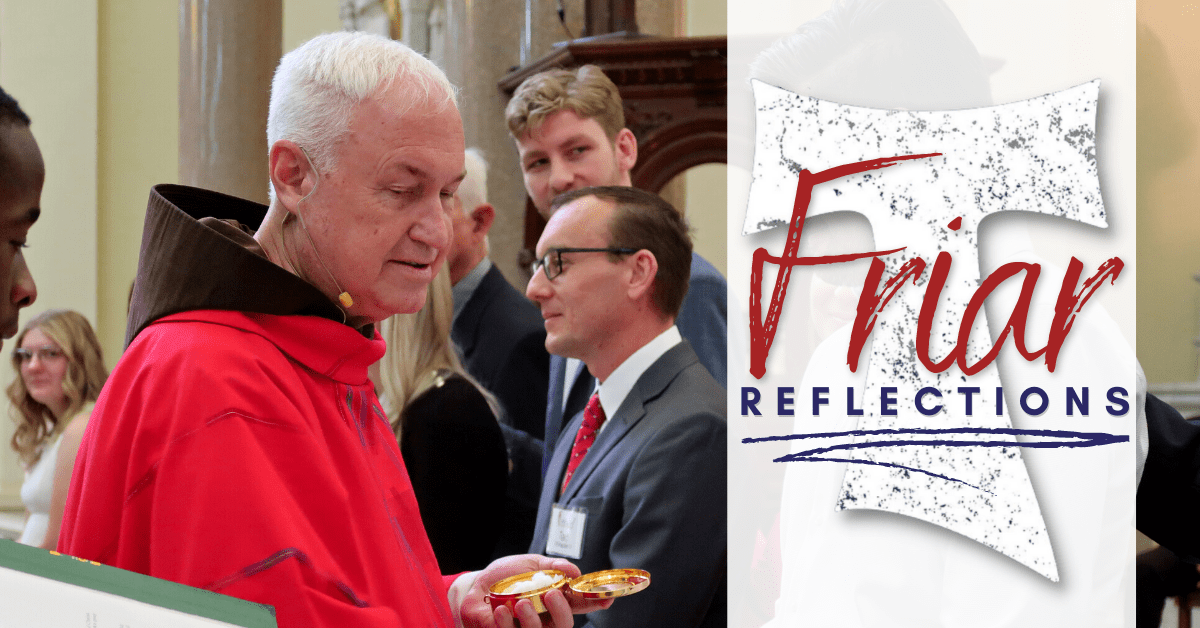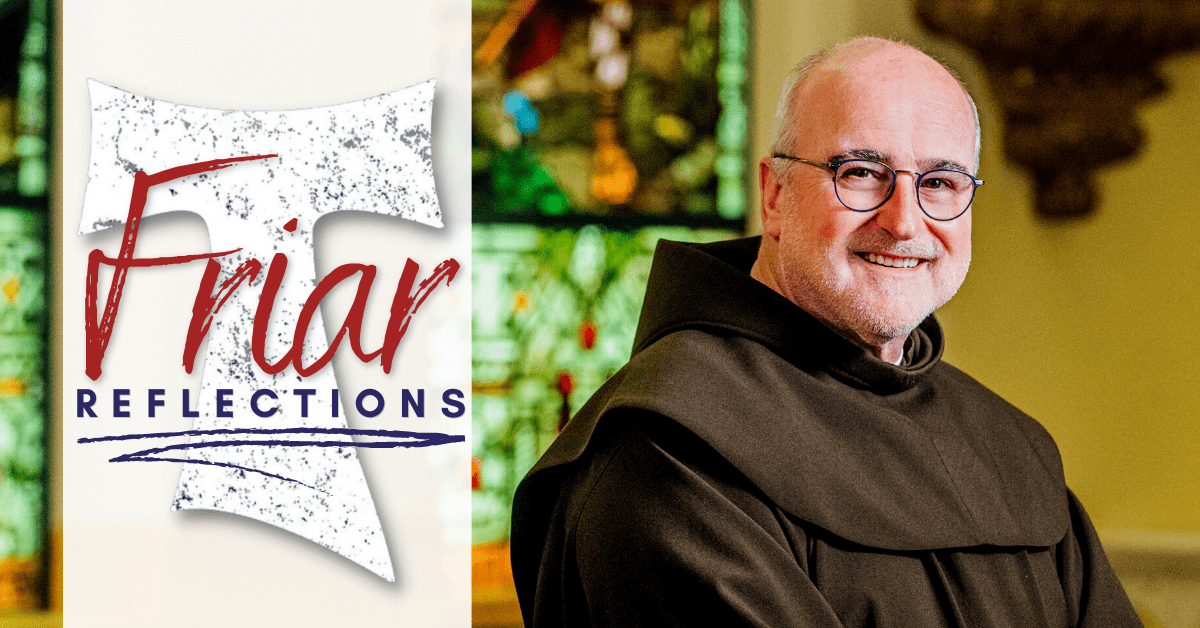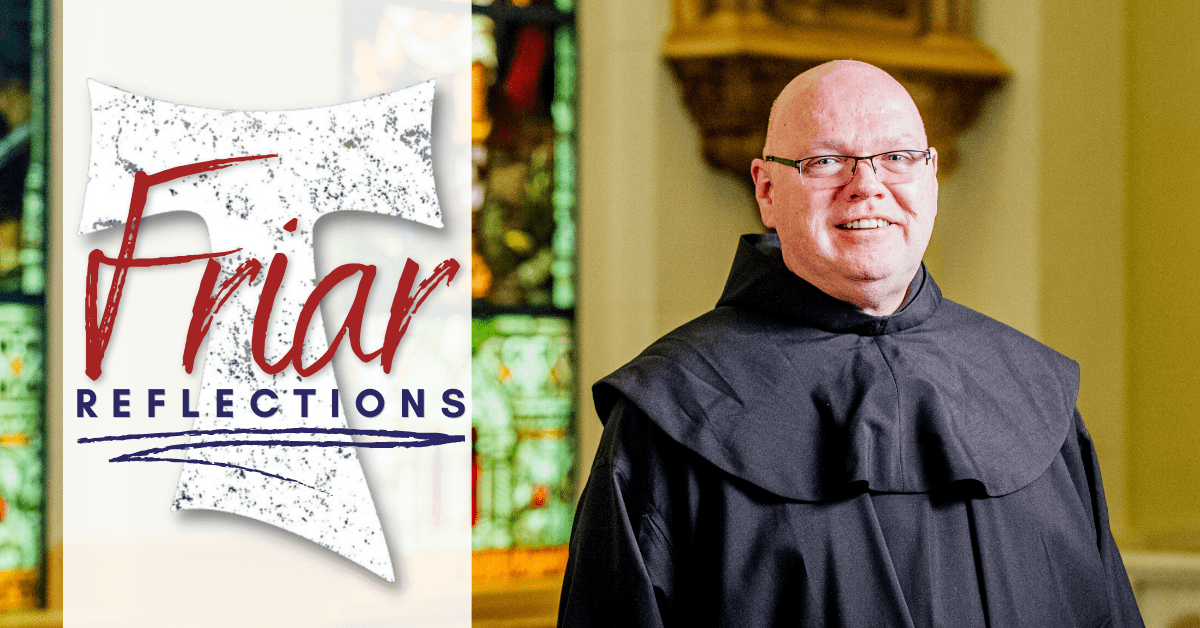
Dear Parishioners,
Pope Francis stated during his Lenten message in 2021 that “Fasting, prayer and almsgiving, as preached by Jesus, enable and express our conversion. The path of poverty and self-denial (fasting), concern and loving care for the poor (almsgiving), and childlike dialogue with the Father (prayer) make it possible for us to live lives of sincere faith, living hope and effective charity.”
The first pillar of Lent is prayer. Lent is a time of spiritual renewal, and during Lent we put special time aside to be prayerful and reflective. Good communication is a sign of good relationship. Lent calls us to renew our relationship with God, by communicating with God each and every day. Some may like to pray with the Scriptures during Lent. Others like to pray the Rosary, or another devotional prayer. Others still may prefer to just find a time to sit quietly each day in God’s presence. There are as many different ways to pray or communicate with God as there are prayers. We encourage you to find your way of connecting with God this Lent. Here are some ideas:
-
- Experiment with a new form or way of praying; Lectio Divina, the Rosary, etc.
- For one week, set your alarm 10 minutes early, and spend that time in prayer before starting your day.
- For one week, examine your conscience before you go to bed, reviewing your day.
- Set up or decorate an intentional space for prayer; a quiet corner, a comfortable chair, a place in nature.
- Participate in the Stations of the Cross, or pray the Rosary each week (as little as a decade a day).
- Celebrate the Sacrament of Reconciliation this Lent.
The second Lenten pillar is fasting and abstinence. Fasting is the practice of limiting the food that we eat on certain days. You’ll know that we fast on Ash Wednesday and Good Friday, meaning we only eat one full meal, as well as two smaller meals that together do not equal to a full meal. Abstinence is the practice of not eating certain types of food. Beginning with Ash Wednesday, and continuing with each Friday in Lent, we abstain from eating meat. Fasting and abstaining remind us of our total dependence on God. These practices help us to remember that it is only through the love of God that we are fed, nourished, and sustained. The practices also reflect the opportunity each of us has to remove the vices of our lives that pull us away from being the people God wants us to be. These ideas may help you extend beyond the standard obligations of fasting and abstinence:
-
- Forego eating out once a week, and donate the money saved to a food bank.
- Choose an unhealthy habit or vice, whether it be junk food, smoking, gossiping, or inactivity, and abstain from the behavior for one week (or more).
- Abstain from buying any new clothing during Lent, and purge your closet of disused items that could be donated.
- Abstain from social media for one week (or more), and spend the time saved reading scripture or in spiritual reflection.
- Abstain from complaining for one week (or more), and write down five things each day for which you are grateful.
The third and final pillar of Lent is almsgiving, also thought of as “acts of mercy and love.” Almsgiving and acts of mercy are ways in which we tell God that we will not be possessed by our possessions, but are ready and willing to share our possessions and time in the service of others. During Lent, we make a special effort to do acts of charitable service or take up collections of food or clothing for those in need. Our parish is taking up that call this Lent in support of the Hillsborough food pantry of the Society of St. Vincent de Paul through the “40 Cans in 40 Days” drive, but that does not have to be the extent of your charitable efforts this season:
-
- Volunteer once a week to help others; serve at a soup kitchen, assist a neighbor with yard work — reach out!
- Stop by a nearby nursing home, and spend an hour visiting with the residents.
- Make cards for those who are sick, homebound, closed off, or incarcerated. Let them know someone cares.
- Perform one random act of kindness every day for a week (or more).
While Pope Francis’ 2021 message lays out “the what,” his 2014 Lenten message provides us with “the why” for our actions during the season. “Lent is a fitting time for self-denial; we would do well to ask ourselves what we can give up in order to help and enrich others by our own poverty. Let us not forget that real poverty hurts: no self-denial is real without this dimension of penance.”
Peace and all good,
Fr. Mike
